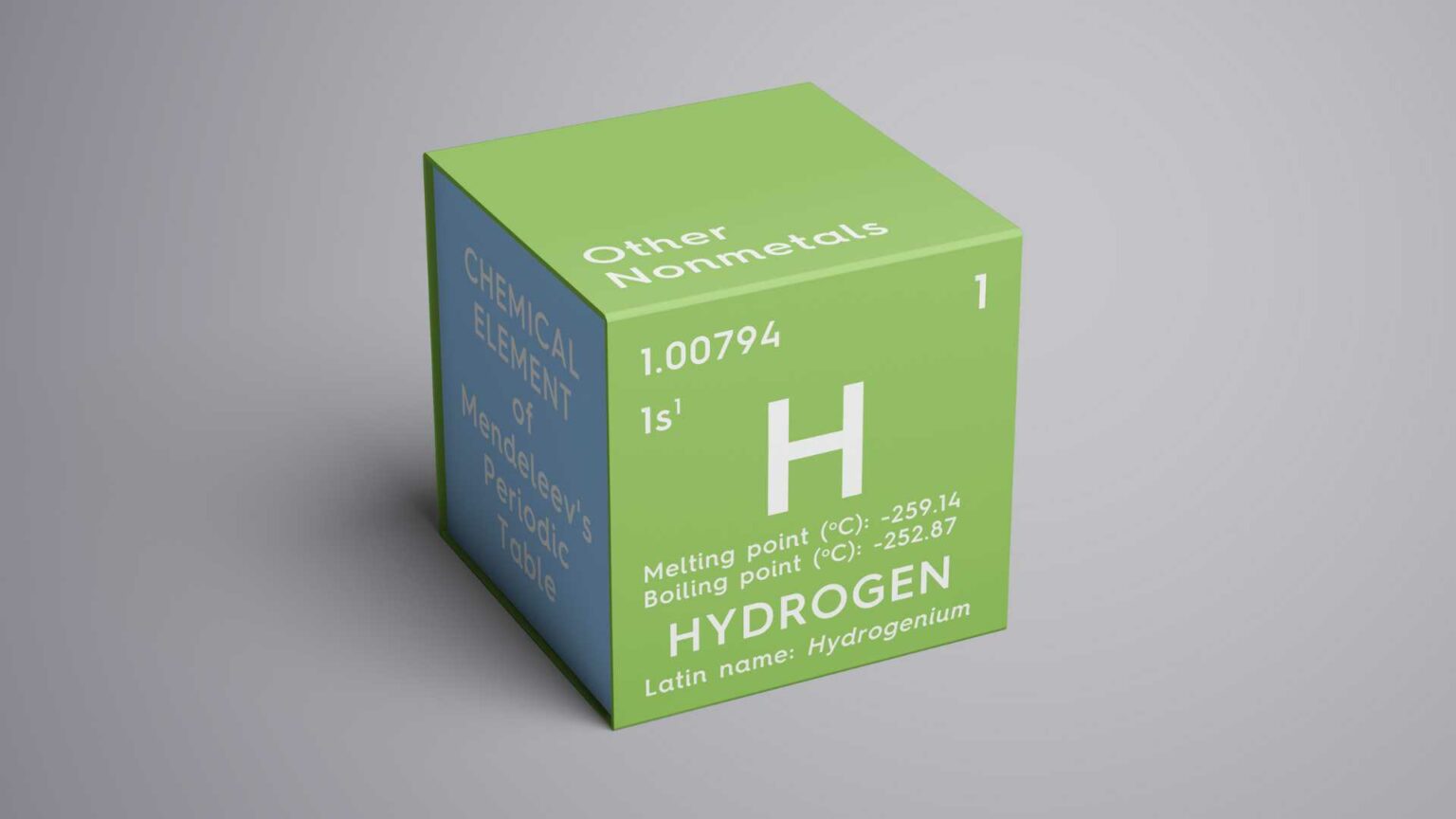The world is at a critical juncture in the fight against climate change, and the Transatlantic Clean Hydrogen movement Coalition (H2TC) has emerged as a beacon of hope in the transition towards a sustainable energy future.
Comprising the Mission Possible Partnership (MPP), RMI, Systemiq, Power2X, and other industry leaders, this coalition is determined to deliver the first clean hydrogen shipment from the United States to Europe by 2026, with a goal to transport over 3 million metric tonnes of hydrogen by 2030.
Clean hydrogen is a versatile, zero-emission energy carrier that holds the key to revolutionizing critical industries, including fertiliser manufacturing and steelmaking. Furthermore, it offers a cleaner alternative to the highly polluting bunker fuel used in maritime commerce. As the world seeks to decarbonize and reduce its reliance on fossil fuels, the role of clean hydrogen becomes increasingly vital.
The Centre for Houston’s Future, the Port of Corpus Christi, and the Port of Rotterdam Authority are among the prominent partners in the H2TC coalition. Together, they aim to significantly contribute to the European Union’s target of importing 10 million metric tonnes of renewable hydrogen annually by 2030. This ambitious goal underscores the urgency and determination of these stakeholders to combat climate change and promote sustainable energy solutions.
One of the most exciting aspects of the H2TC initiative is the role of producers from the US Gulf Coast. Thanks to their world-class ports, existing energy infrastructure networks, skilled workforce, and strategic advantages, they are well-positioned to become cost-competitive clean hydrogen exporters to Europe. This potential export corridor represents a powerful connection between the US and Europe, facilitating the seamless flow of clean hydrogen in the form of ammonia and methanol.
Nico van Dooren, Director of New Business & Portfolio Management at the Port of Rotterdam Authority, emphasizes the Port of Rotterdam’s pivotal role in this transatlantic clean energy partnership. He states, “Rotterdam is Europe’s main import hub for crude oil products and coal. We’re rapidly becoming Europe’s hydrogen hub as well. For the last three years, we’ve been scouting the world for green hydrogen, and Texas is one of the most promising locations to export substantial volumes of this renewable energy to Rotterdam within a few years’ time.”
The H2TC coalition is not an isolated endeavor. It aligns with a global trend of partnerships and initiatives that seek to accelerate the transition to a greener and more sustainable future. In June, industrial partnerships between Los Angeles and Nagoya were established to enhance the maritime green economy, focusing on critical environmental and operational efficiency initiatives. Similarly, the Port of Newcastle signed a Memorandum of Understanding with the Australian government and Mitsubishi Heavy Industries (MHI) to pave the way for a clean energy economy in the Hunter Region.
These collaborative efforts underscore the urgency and determination of stakeholders worldwide to combat climate change, reduce emissions, and foster innovation in the pursuit of clean energy solutions.





